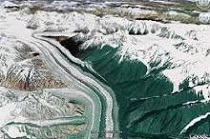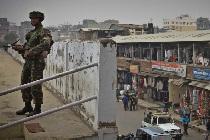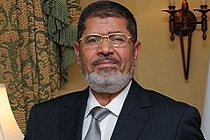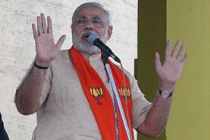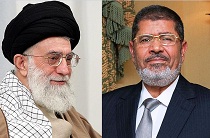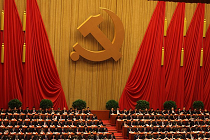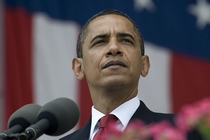India-Pakistan: No takers for a solution
Pakistan’s recent violation of the ceasefire, by killing two Indian soldiers and beheading one of them, has triggered knee-jerk reactions by the government and armed forces, media frenzy, and public outcry. What makes this 60-year old problem tough to resolve, and how can those obstacles be overcome?

